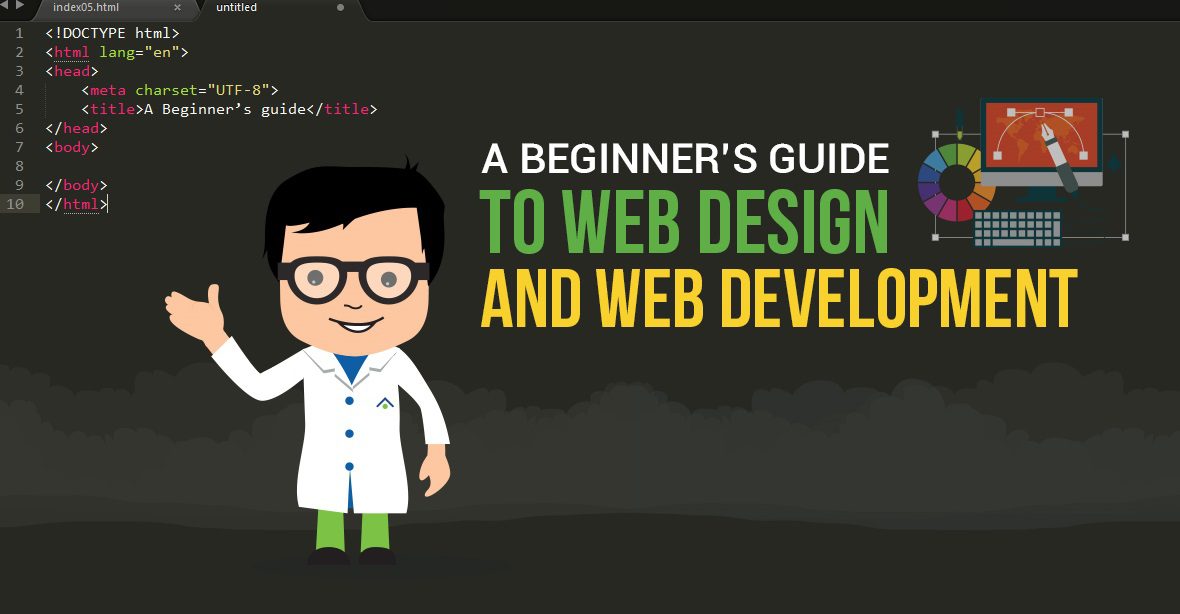Is whole life insurance worth it? We asked the experts.
The truth about whole life insurance isn’t as simple as saying, You need it, or You don’t need it. It really depends on your circumstances, goals and current financial situation. That’s why we asked experts from some of the most trusted names in the business to weigh in on what you should know about buying life insurance and how you can get started today! Here are the top 3 quotes on life insurance from our experts and why you should listen to them!
Pros & Cons of Buying Life Insurance
Term vs. Whole Life Insurance:-
Term life insurance can be a good choice for someone who doesn’t own a business, or who has few assets. With term life insurance, you pay premiums for an agreed-upon period of time (often 10, 20 or 30 years). If you die during that period, your beneficiaries receive a payout. Whole life insurance policies offer better financial protection because they have cash value built in. However, they cost more than term policies.
Term vs. Whole Life Insurance: Is Life Insurance Worth It? For example, if a couple is looking to protect their mortgage and other debts from their children after death, then buying $1 million in entire life insurance may make sense. On the other hand, if one partner already owns $500,000 worth of investments with his or her name on them and will leave behind any other assets to his or her heirs when he or she dies anyway, then paying double to buy $1 million in entire life insurance may not make sense. There are too many variables at play here to say with certainty which option is best for everyone – so think about what matters most to you and how much coverage would provide that peace of mind before making a decision.
Top 5 Reasons to Get Life Insurances in the UK/USA.
How Much Do You Need?
You can purchase a policy for as little as $25,000 and up to $5 million or more, depending on your family’s needs and your age. The exact amount you choose will depend on how much money you’d like to leave behind to loved ones. For example, if you want to leave your spouse with at least half of your salary in case of death and also have enough left over for a funeral, you’ll need at least double that amount (or more). While you may think that getting a policy with such high coverage limits is pointless since they’re unlikely to be reached. Most financial advisors recommend buying at least 20 times your salary. Suppose, you make $75,000 per year, then get a policy for about $1 million dollars.
Whole Life Insurance Premium Varies Over Time:-
While your premiums can vary throughout your policy term, whole life policies typically have a lower premium early on and higher premiums later in your coverage period. If you’re looking for a more consistent stream of income in retirement. Then you may want to look at Universal Life or variable universal life insurance instead. However, if you don’t mind paying more as time goes by, entire life could be a good fit.
What Happens If I Die Early?
If you’re married and your spouse dies, that means your kids need to be taken care of. However if you have a life insurance policy, and you die early, it can protect your loved ones financially. Here are some things to think about: 1) Who are you buying for? 2) How much do they need? 3) What happens if something happens to me (with kids or not)? 4) Is there any way to save on my premium? The answers can vary from person to person. But knowing what questions to ask is important if you’re going to get a good plan at a good price.
Premium Increases with Age, But Not Necessarily Total Cost:-
Life insurance companies also vary in their interest charged for premiums paid monthly, semi-annually or annually. The older you are when you buy a policy, however, most companies will increase your premium and may even bump up other fees or lower coverage limits based on your age or health history. But generally speaking, paying higher premiums will increase your payout amount and death benefit if something happens to you. Just be sure to check out all of these factors when choosing a policy.
Expect Taxes on Policy Payments:-
While you’re living, your employer pays half of your premiums on a pretax basis; you pay taxes on that amount as part of your wages. When you die, that money gets taxed again as if it was income to your beneficiaries. They will be able to get a refund if they are already paying in too much in Social Security taxes. But if they fall short, they have to make up for what’s still owed at tax time. If you receive an inheritance from someone who had been paying into an individual policy, then you’ll owe taxes on those payments no matter where or how much money you inherit; unlike with group policies, there is no limit here.
Value of Death Benefit Can Change Over Time:-
When you’re trying to decide whether to get a policy, another thing to keep in mind is that death benefit values change over time. So if you buy a $100,000 death benefit policy at age 20 and live past 80, your family will only receive around $70,000. As of 2016, Life expectancy for men was 80 years old and 86 years old for women according to investment Life expectancy calculator. That means if your loved ones are counting on your money for when they retire or have financial needs later in life, and then you die early at 60. So their savings might be cut in half by time inflation is factored into play!
If You want to learn more about this then watch our upcoming videos on YouTube. For more interesting articles rad more logs at our website.















Pingback: Why you need to buy Life Insurance now – HoWhaat